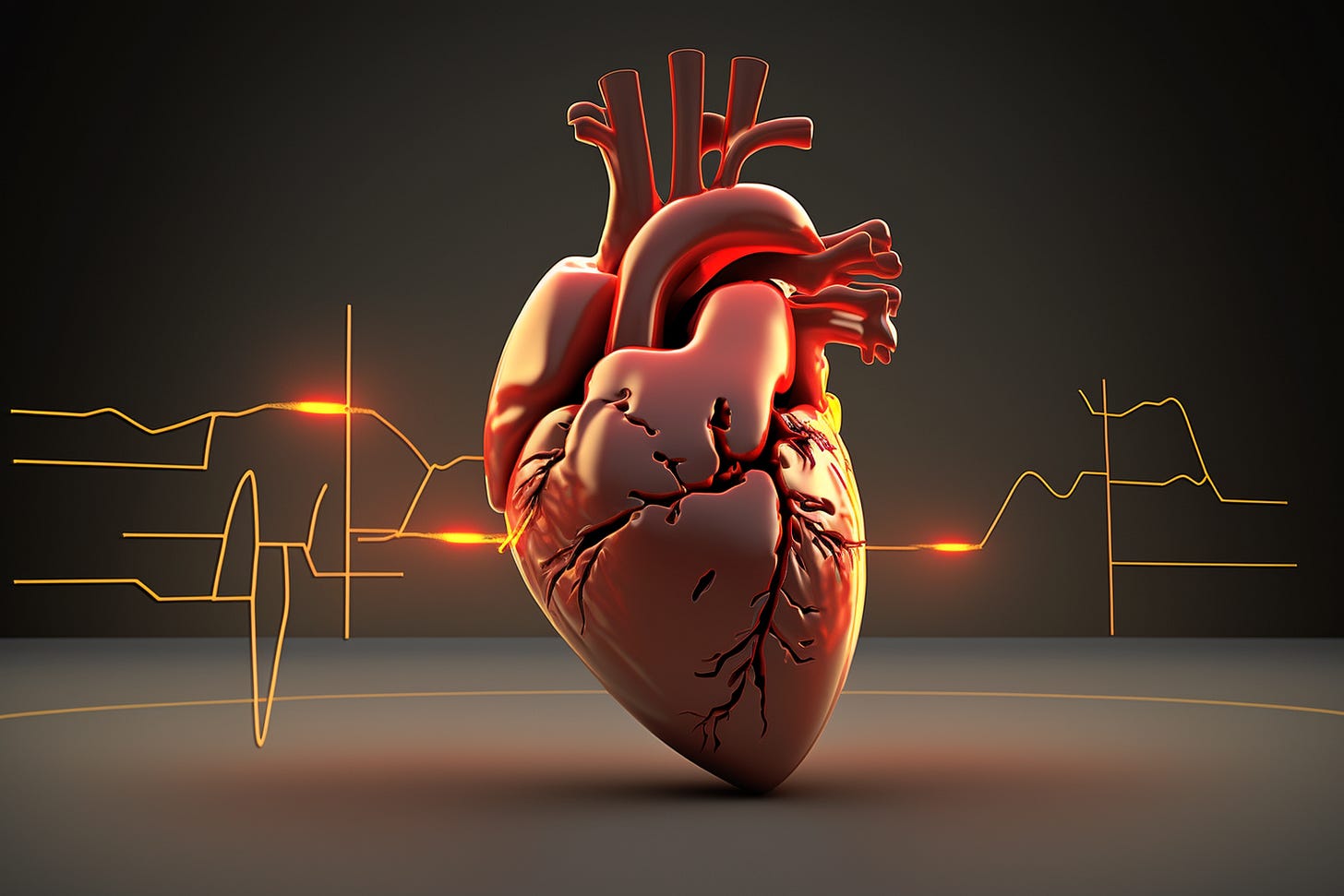How do I Prevent Heart Disease
Tips and Strategies for Reducing Your Risk of Heart Disease
Heart disease is a leading cause of death in the United States. So it's important to take steps to reduce your risk for heart-related problems. There are many things you can do to prevent or delay the onset of heart disease, such as eating healthy foods and exercising regularly. Here are some tips on how you can help protect yourself from this life-threatening condition:
1) Eat Healthy Foods: Eating a balanced diet that includes plenty of fruits and vegetables, whole grains, lean proteins, low fat dairy products – while limiting saturated fats and cholesterol – will go far towards helping keep your arteries clear so they don't clog with plaque buildup (atherosclerosis). Such changes also lower blood pressure which helps lessen strain on the cardiovascular system over time too.
2) Exercise Regularly: Regular exercise strengthens both body systems – circulatory and respiratory – by improving their functioning efficiency; increasing oxygen levels throughout bloodstreams makes them more capable of delivering nutrients efficiently where needed most often quickly enough before exhaustion sets in. Plus, regular activities like jogging or walking at a brisk walking speed 30 mins 5 days a week plus stretching exercises gives flexibility while strengthening muscles at same time; all these benefits add up when done consistently on a long term basis. Physical activity reduces stress hormone production, thus reducing the chance of hypertension development due to its vasoconstriction effects [blood vessels narrowing] affecting the entire cardiovascular network negatively and impacting your overall health status!
3) Quit Smoking/Limit Alcohol Intake: Smoking increases damage caused by free radicals thereby damaging artery walls’ lining causing atherosclerosis plaques to build up, consequently leading to a hardening and creating an inflexible arterial pathway that is unable to push an adequate amount of nutrient-rich flows to essential organs to sustain optimum organ functions that are necessary for longevity and purposeful living.
4) Reduce Stress Levels: Stress has been linked with an increased risk for coronary heart diseases since high cortisol levels released during times of extreme tension adversely affect one’s immune system’s stability, making you vulnerable to various ailments associated with weak immunity efficiency including cardiac arrest.
Knowing the signs and symptoms of a heart problem can be critical to understanding when it’s time to seek medical attention. The American Heart Association recommends that anyone who experiences any warning sign should call 911 immediately, as these could indicate something wrong with your heart:
Chest pain or discomfort: This may feel like pressure, tightness or squeezing in your chest. It might also cause burning sensations and sharp pains throughout the neck, arms and back.
Nausea: Unexplained nausea along with other symptoms such as sweating is usually one of the first indicators there's an issue with your heart health.
Shortness of breath: You may have difficulty breathing if you are having a heart attack due to lack of oxygen being supplied by blood flow through narrowed arteries around the organ itself; this feeling may become worse during physical activity but not always present at rest.
Fatigue and Weakness:Severe fatigue coupled with general weakness often point towards cardiac issues since they likely mean less efficient circulation occurring within veins leading away from coronary vessels supplying necessary oxygenated nutrients, which supply muscles the energy that’s needed for the energy expenditure processes taking place inside the body’s cells.




